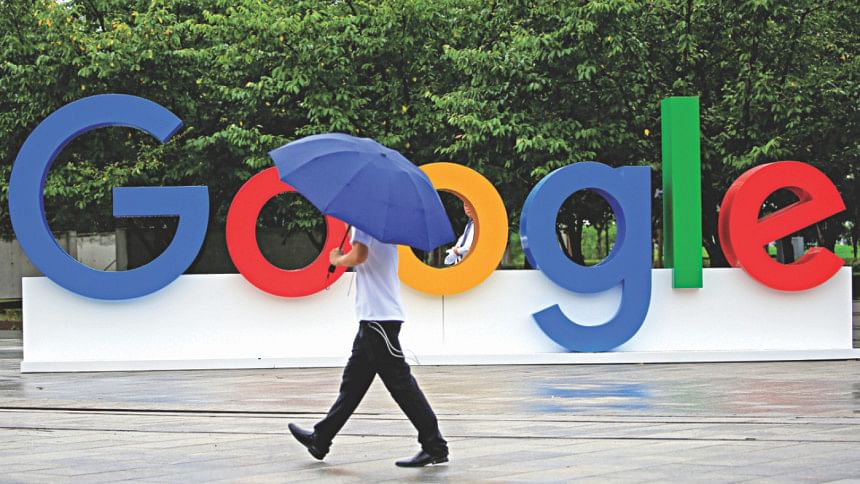London court blocks Google mass legal action over iPhone data collection

London's High Court on Monday blocked an attempt to bring legal action against Alphabet Inc's Google over claims it had collected sensitive data from 4 million iPhone users.
The claimants had said Google had illegally accessed details of iPhone users' internet browsing data by bypassing privacy settings on the Safari browser between June 2011 and February 2012. Richard Lloyd, a consumer activist who was behind the “Google You Owe Us” court challenge, had estimated that about 4.5 million people had been affected by the “Safari Workaround” and wanted the tech giant to pay out several hundred dollars in damages to each affected individual.
Google had argued the mass case brought by Lloyd was not suitable and should therefore not go ahead. Lloyd said his group, to which 20,000 people had signed up to, would seek permission to appeal the decision.
“Today's judgment is extremely disappointing and effectively leaves millions of people without any practical way to seek redress and compensation when their personal data has been misused,” he said in a statement.
“Google's business model is based on using personal data to target adverts to consumers and they must ask permission before using this data. The court accepted that people did not give permission in this case yet slammed the door shut on holding Google to account.”

 For all latest news, follow The Daily Star's Google News channel.
For all latest news, follow The Daily Star's Google News channel. 








Comments